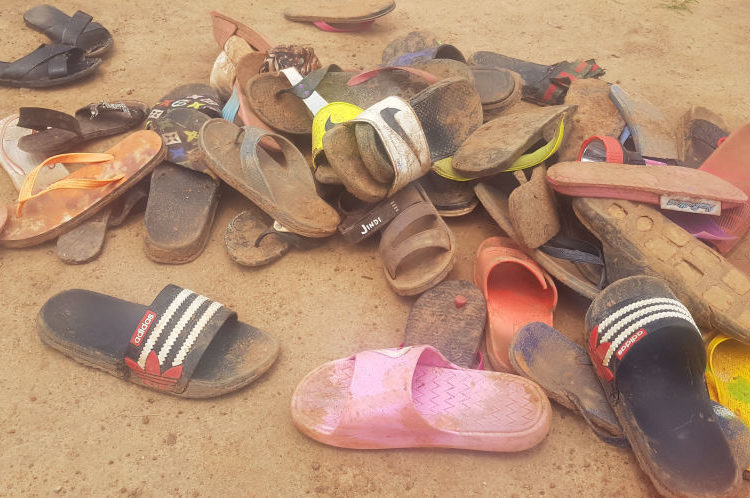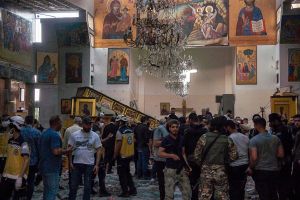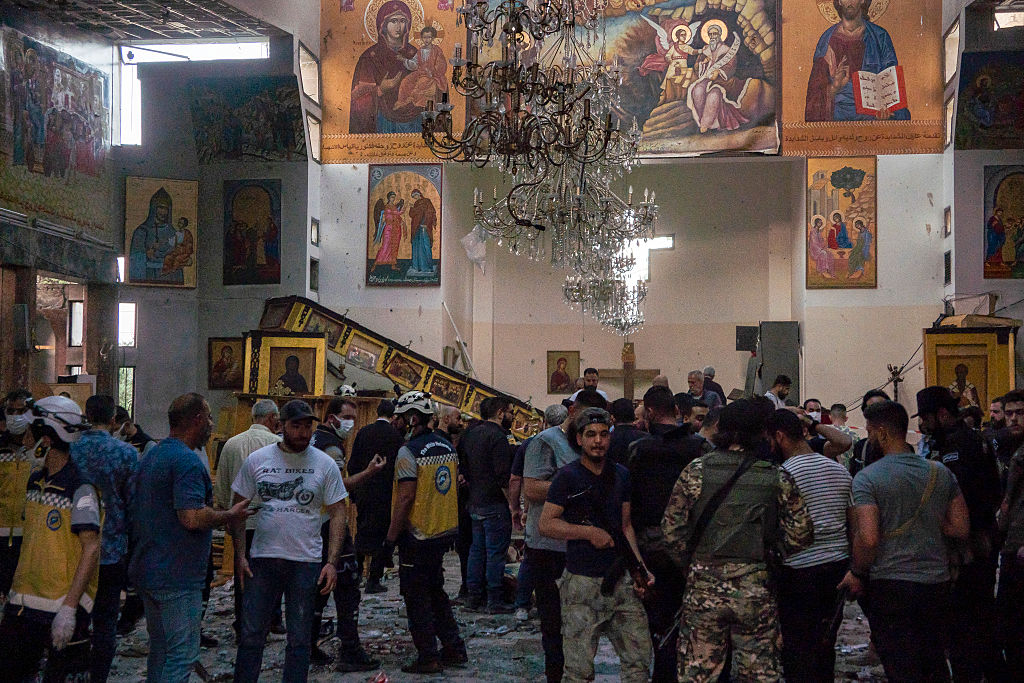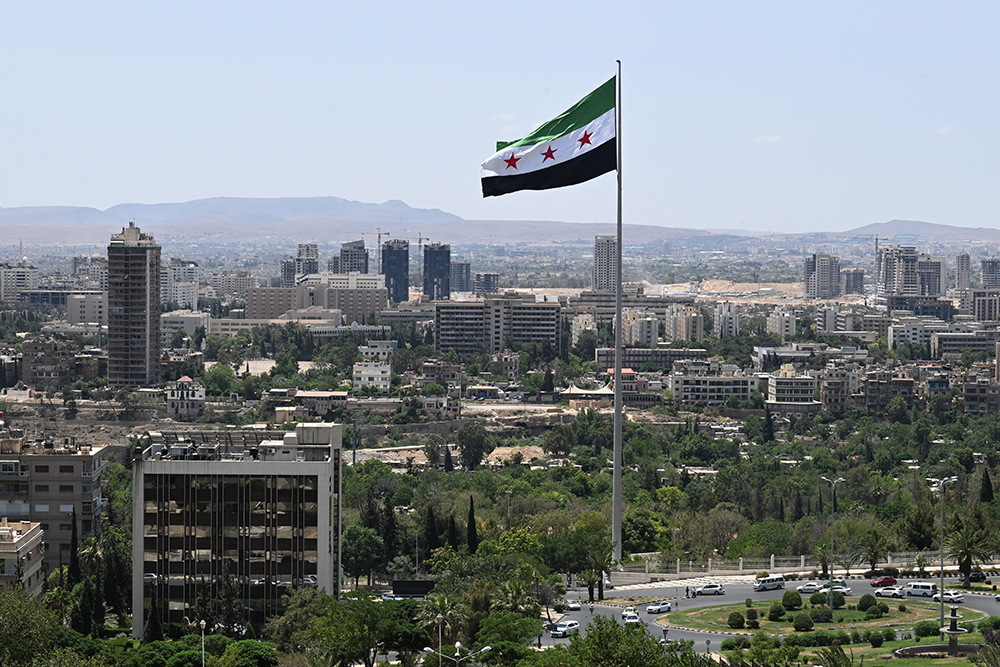Every day, more and more children are going missing in Nigeria. At least 140 schoolchildren were kidnapped in Nigeria’s northwestern Kaduna city yesterday. A day earlier, another eight people — including two nurses and an infant — were abducted in Zaria, around 50 miles north of Kaduna. This marked the fourth attack on a Kaduna state school and the third on a Zaria hospital in the past five months.
Over 1,000 schoolchildren have now been kidnapped in Nigeria since December; around 200 of them are still missing. Yet the international condemnation has been muted. It all marks a stark contrast to the ‘Bring back our girls’ backlash that greeted the kidnapping by Boko Haram of 276 Chibok schoolgirls in 2014 that dominated headlines and garnered the world’s condemnation.
In recent years, though, it isn’t always jihadists that are responsible for these kidnappings but rather local gangs. Of course, this isn’t to say Boko Haram isn’t still active. In December, the group claimed responsibility for the kidnapping of 344 schoolboys from Kankara town. Nigeria’s West African province (Iswap) remains occupied by the fast strengthening Islamic State, towards which Boko Haram fighters are gravitating following the death of their leader Abubakar Shekau in May. But often, the bandits responsible for snatching schoolchildren in Nigeria are not seeking souls but ransom money.
In May, around 150 pupils were kidnapped from a school in the Rafi area of Niger State in north-central Nigeria. The gunmen took away almost half of the evening school’s 303 students, many of them as young as three years old. In addition to schoolchildren, kidnappers have also abducted villagers, laborers, sailors, bus passengers, wedding guests as every conceivable gathering of people in Nigeria has become a potential target. Over $18 million has been paid out by Nigerians in ransom over the past decade, according to one report. Yet it seems likely the true amount of ransom money which has ended up in the bandits’ pockets is much higher.
Nigeria’s kidnapping spree has come as it faces its worst recession in four decades. The country’s leadership is marred by incompetence, corruption and the misappropriation of money. Many Nigerians simply don’t trust their government — and it’s hard to blame them.
But this leadership vacuum isn’t bad news for everyone: jihadist groups and bandits are willingly filling the gap. And as Nigeria continues its protracted counter-terror fight against Iswap, it faces an abduction epidemic carried out by criminals that have evolved from imitators of Boko Haram to now constituting a distinct threat. However, what is common to the awful kidnappings committed by both gangs is the silence of the world today.
Seven years since #BringBackOurGirls became a global rallying cry as the west demanded the return of the Chibok girls — over 100 of whom are still missing — there is little uproar about the plight of ordinary Nigerian children snatched away from their parents.
This article was originally published on The Spectator’s UK website.

























